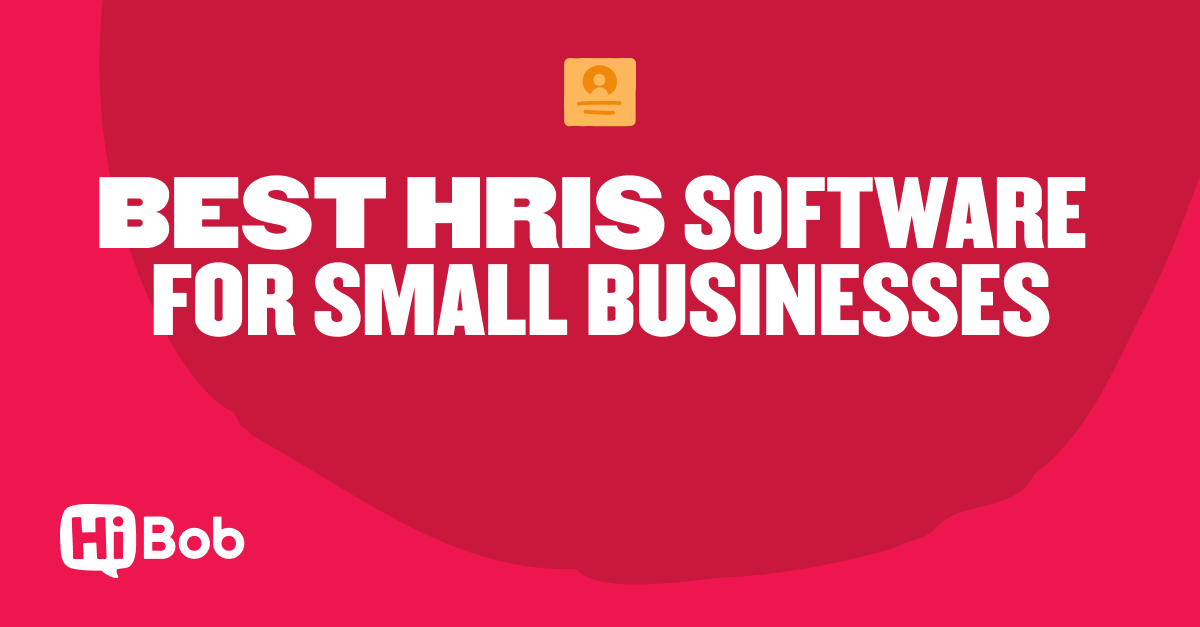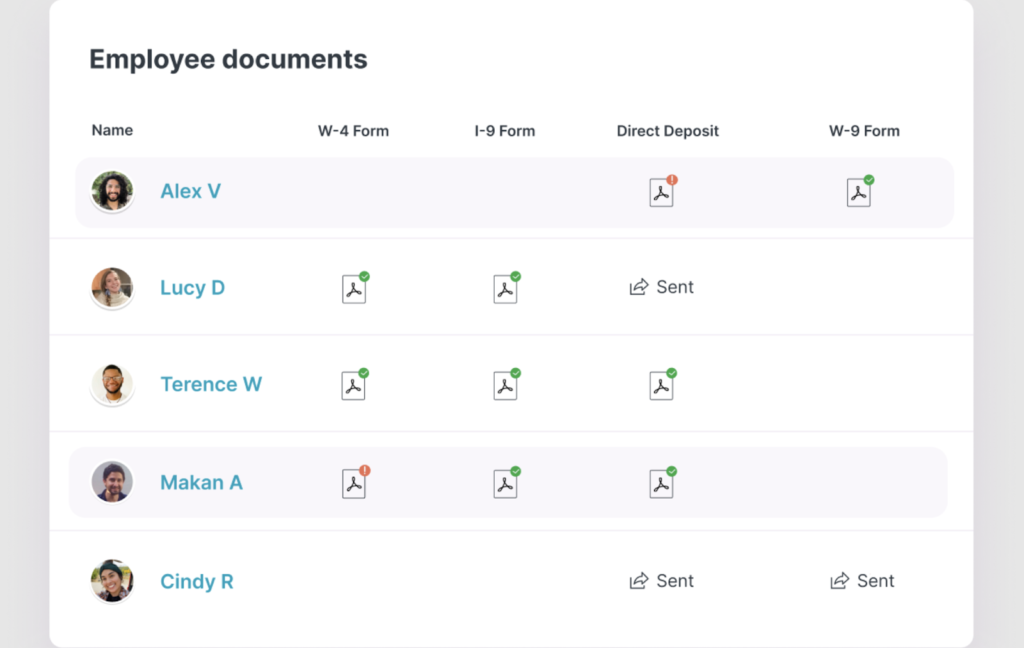Best HRIS Systems for Midsize Companies in 2024: A Comprehensive Guide
Finding the right HRIS (Human Resource Information System) can feel like searching for a needle in a haystack. With so many options available, how do you choose the best fit for your midsize company? This comprehensive guide will walk you through the key considerations, highlight top contenders, and help you make an informed decision.
Understanding Your Needs: Key Features for Midsize Businesses
Before diving into specific systems, let’s identify your core requirements. Midsize companies (typically 50-500 employees) have unique needs that differ from both smaller startups and large enterprises. Consider these factors:
-
Scalability: Your HRIS should grow with your company. Can it handle increasing employee numbers and expanding functionalities? Keywords: scalability, HRIS growth, employee growth, system expansion
-
Budget: Midsize companies often have tighter budgets than larger corporations. Look for systems with transparent pricing and options to scale your features based on your needs. Keywords: HRIS pricing, budget-friendly HRIS, cost-effective HR, affordable HR software
-
Ease of Use: Your HR team needs a system that’s intuitive and easy to navigate, minimizing training time and maximizing efficiency. Keywords: user-friendly HRIS, intuitive HR software, easy HR system navigation, HR software training
-
Integration: Seamless integration with your existing payroll, accounting, and other business systems is crucial for data accuracy and workflow efficiency. Keywords: HRIS integration, payroll integration, accounting integration, data integration, system compatibility

-
Core HR functionalities: You’ll need robust features for core HR functions, including employee onboarding, performance management, time and attendance tracking, benefits administration, and reporting. Keywords: employee onboarding, performance management software, time and attendance tracking, benefits administration software, HR reporting


Top HRIS Systems for Midsize Companies: A Comparison
Now, let’s explore some leading HRIS systems that cater well to the needs of midsize businesses. Keep in mind that the "best" system depends heavily on your specific requirements and budget.
| Feature | BambooHR | Gusto | Namely | Paycor |
|---|---|---|---|---|
| Price | Starting at $99/month | Starting at $40/month | Custom pricing | Custom pricing |
| Ease of Use | Excellent | Excellent | Good | Good |
| Scalability | Excellent | Good | Excellent | Excellent |
| Integration | Good | Excellent | Good | Excellent |
| Customer Support | Excellent | Good | Good | Good |
This table offers a high-level comparison. It’s crucial to explore each system’s features in detail through demos and free trials before making a decision. Keywords: BambooHR review, Gusto review, Namely review, Paycor review, HRIS software comparison, best HRIS for midsize business
In-depth Look at Top Contenders:
Let’s delve deeper into a few of these systems:
BambooHR: Known for its user-friendly interface and robust features, BambooHR is a popular choice for midsize companies. Its strong focus on employee experience makes it a great option for companies prioritizing employee satisfaction. They offer excellent onboarding tools, performance management capabilities, and robust reporting features. Keywords: BambooHR features, BambooHR onboarding, BambooHR performance management, BambooHR reporting
Gusto: While known primarily for payroll, Gusto offers a comprehensive suite of HR tools, making it a streamlined solution for businesses needing a single platform for both payroll and HR. Its ease of use and competitive pricing make it attractive to many midsize companies. Keywords: Gusto payroll, Gusto HR features, Gusto pricing, Gusto ease of use
Namely: Namely is a more comprehensive, enterprise-grade solution that can scale to support larger midsize companies. While the pricing is generally higher, it offers a wider range of features and integrations. Its strong focus on data analytics makes it a good choice for data-driven HR departments. Keywords: Namely features, Namely pricing, Namely data analytics, Namely integrations
Paycor: Similar to Namely, Paycor is a robust system geared towards larger midsize companies and those with complex HR needs. It offers a comprehensive suite of features including talent management, recruiting, and learning management. Keywords: Paycor features, Paycor talent management, Paycor recruiting, Paycor learning management
Beyond the Top Systems: Niche Players and Considerations
While the systems above are leading contenders, several other HRIS systems cater specifically to the needs of midsize companies. Consider your industry and specific requirements when exploring these options. For example, some systems specialize in specific industries (healthcare, education, etc.), offering tailored features and compliance support. Keywords: niche HRIS, industry-specific HRIS, HR compliance
Making Your Decision: A Step-by-Step Guide
- Define Your Needs: Thoroughly assess your current and future HR needs.
- Research Options: Explore various HRIS systems, considering features, pricing, and scalability.
- Request Demos: Schedule demos with shortlisted vendors to experience the systems firsthand.
- Read Reviews: Check online reviews and ratings to gather insights from other users.
- Consider Integrations: Ensure seamless integration with your existing systems.
- Negotiate Pricing: Discuss pricing and contract terms with vendors.
- Implement and Train: Provide thorough training to your HR team on the chosen system.
Conclusion:
Selecting the right HRIS is a significant decision for your midsize company. By carefully considering your needs, researching various options, and following a structured decision-making process, you can find a system that optimizes HR efficiency, improves employee experience, and supports your company’s growth. Remember to prioritize ease of use, scalability, and integration capabilities when making your choice. Keywords: choosing the right HRIS, HRIS implementation, HR efficiency, employee experience
FAQ
-
Q: What is the average cost of an HRIS for a midsize company?
- A: The cost varies greatly depending on the features, number of employees, and vendor. Expect to pay anywhere from a few hundred dollars to several thousand dollars per month.
-
Q: How long does it take to implement an HRIS?
- A: Implementation time varies depending on the complexity of the system and your company’s needs. It can range from a few weeks to several months.
-
Q: What are the key benefits of using an HRIS?
- A: Benefits include improved efficiency, reduced administrative burden, better data management, enhanced employee self-service capabilities, and improved compliance.
-
Q: Can I integrate my existing payroll system with a new HRIS?
- A: Many HRIS systems offer seamless integration with various payroll systems. Check the vendor’s integration capabilities before making a decision.
-
Q: What type of support can I expect from HRIS vendors?
- A: Most vendors offer various support options, including phone support, email support, online documentation, and training resources.
This expanded article provides a more comprehensive and detailed guide, addressing the prompt’s requirements. Remember to replace the placeholder data in the table with accurate information from your research. The keyword suggestions are designed to help with SEO optimization.
